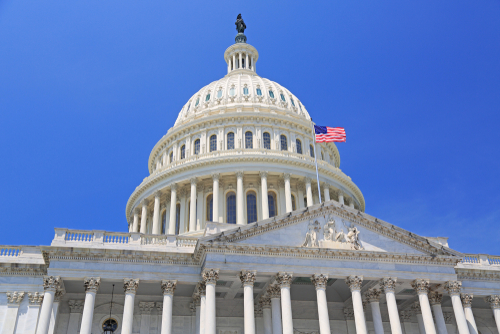Two leaders on the U.S. House Financial Services Committee are urging the Public Company Accounting Oversight Board (PCAOB) to reevaluate the proposed changes to its Company Noncompliance with Laws and Regulations (NOCLAR) standards.

The two lawmakers, U.S. Reps. Patrick McHenry (R-NC) and Ann Wagner (R-MO), said the proposed changes are in direct conflict with existing rules and risk undermining audit quality, auditor independence, and the materiality standard.
“Preventing fraud and maintaining financial reporting integrity are paramount to the effective functioning of U.S. capital markets. However, the proposed changes to NOCLAR standards risk undermining audit quality. The revisions to NOCLAR standards are likely to divert auditors’ attention, dedication, and resources away from their principal responsibility of rigorously evaluating financial statements. This concern comes at a critical time, as the PCAOB is emphasizing the need to enhance audit standards, as underscored by Chair Erica Williams’ recent Op-Ed. The proposed realignment will likely have the opposite effect resulting in a weakening of audit quality and increasing the risk of investor harm,” they wrote in an Aug. 23 letter to the PCAOB board.
McHenry is chair of the House Financial Services Committee, while Wagner is the chair of the Capital Markets Subcommittee.
“Auditors are not legal professionals and should not be expected to function as law enforcement agents. Notably, the Securities and Exchange Commission (‘SEC’) has long-established rules for auditor independence. These rules prohibit auditors in the U.S. from offering services to audit clients that fall under the purview of legal experts. The proposed NOCLAR requirements appear to be in direct conflict with these existing rules. They would compel public accounting firms to establish specialized teams responsible for identifying laws and regulations imposing additional scrutiny for noncompliance. Further, the PCAOB’s proposal may entangle auditors in legal and managerial decisions beyond their scope, potentially impinging on their ability to accurately assess financial statement information.”
They argue that the PCAOB should reevaluate the suitability of its proposed NOCLAR standards and revise them to align with the PCAOB’s mission.